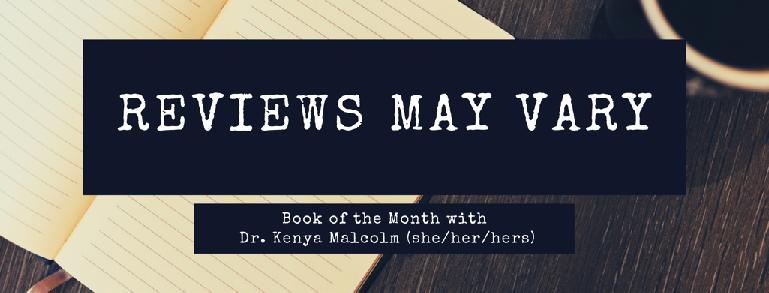2 minute read
ONE-ON-ONE Interview Series with Javannah Davis: KC Washington

JD: What is your personal definition of masculinity?
KC: An individual that shows strength; is bold, and authoritative.
JD: What do you feel the relationship is with Black Queer men and the idea of masculinity?
KC: I feel that there can be a conflict when it comes to the idea of masculinity, opposed to it being something someone embraces as an individual. Based on life experiences, or what one sees in the media, it’s easy to adopt an idea of how you should act to be considered masculine. This can cloud perspectives regarding masculine gay black men who embrace their manhood, and values they have as men.
JD: Do you find that "toxic masculinity" is a factor within the Queer community?
KC: Yes. I do feel that there can be toxic masculinity within the Queer community. Especially when it comes to one's own preference. Being a masculine gay man, I prefer to date masculine gay men, and there’s nothing wrong with that. It becomes harmful and/or “toxic” when masculine gay men start to berate, or shame feminine gay black men for not being as masculine as they think they should be, instead of accepting and appreciating the differences between them.
JD: What does it mean to be considered feminine or masculine in the LGBTQ community from your perspective?
KC: Feminine is someone who is dainty, soft, and submissive. Masculine is more aggressive, assertive, and dominant. This is my perspective of the
two. This is the way things were when I was growing up and everyone lived in the respectiveroles of who they were. If you didn’t like it, youmoved on. If they were for you then there would be that connection.
JD: Do you feel heteronormative roles ( masculine/feminine) can be harmful to individuals of the LGBTQ+ community?
KC: I believe it could. I think it can be harmful to certain relationships. Heteronormative viewpoints have the capability to misconstrue the way the individuals cater to one another. i.e. whose the man or woman; Instead of just living in dual roles as individuals.
JD: Do you feel like it's different in the QTPOC community?
KC: It seems to be very different. I don’t identify as Queer, and don’t know many who do, but for those I do know it seems as if the traits of masculine and feminine depends on how they feel throughout the day, or for the moment.
JD: Are there any misconceptions you think need to be cleared up in terms of masculinity? KC: I believe the most common misconception when it comes to masculinity in the QTPOC community is that all masculine individuals are aggressive, or dominate all the time. There are those that live in the truth of their masculinity, or even their femininity, because it represents us as individuals. I can also safely say that no matter how masculine a man is in our community, his feminine side always shows at some point.
JD: How do you feel the perspective of this generation (ages 18-34), differs from the older generation (ages 35-50)?
KC: I honestly believe that the generation today are alot more outspoken about their feelings and emotions, opposed to the men and women of my generation.

KC resides in Charlotte, NC He is a licensed barber, model, and singer of the international R&B group AHMIR.

